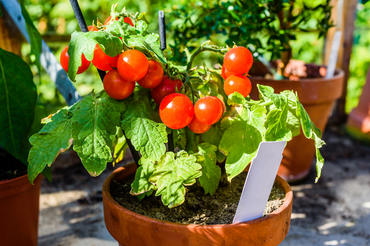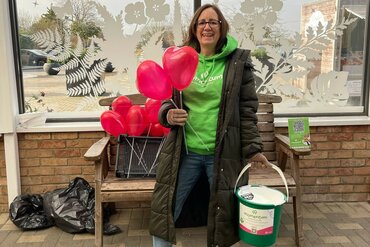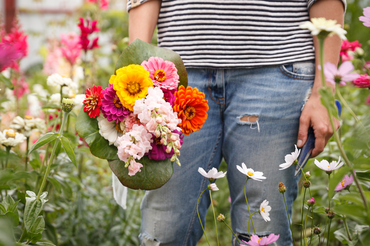Top tips for feeding birds in winter
When the weather is cold, and food is scarce, our garden birds need our help to get them through the winter. Whether it’s putting up a bird feeder or planting bird-friendly bushes in your garden, there’s lots you can do to give your garden birds some support through the coldest months of the year.
Should we feed birds?
Before you put out your bird feeders, do a little research about the birds in your local area. A recent study by Manchester Metropolitan University suggests that in some situations, putting out food for birds can make some of the more assertive species like blue tits and great tits too dominant, causing the populations of less prevalent birds to go into decline. If you’re in an urban environment, it’s generally still a good idea to put out extra food for birds. However, in the countryside, and especially if you live in an area where at-risk species such as willow tits and marsh tits are found, you may do more good by adding bird-friendly plants to your garden than by hanging up bird feeders.
Bird-friendly plants
Berry-bearing plants are the most natural food source for birds in winter. Rowan, hawthorn, holly, cotoneaster and pyracantha are all excellent choices for a bird-friendly garden. Mature ivy is also a beneficial plant – the energy-rich berries provide food for birds, and the evergreen leaves give good shelter.
The seedheads of flowering perennials like teasels, echinacea and rudbeckia all provide food for birds in autumn, so consider planting some of these in your garden to encourage next year’s foraging birds. Goldfinches also feast on dandelion seeds, which is a great reason to leave a few of these wildlife-friendly plants to flourish in the corner of your garden.
Tips on feeding birds
If you are putting out food for birds in winter, follow these tips:
- Remove any netting or mesh bags from suet balls to avoid birds getting their feet caught in the netting.
- Soak dried mealworms in warm water for an hour before putting them out to give birds some much-needed hydration. Mealworms are a favourite with robins, blackbirds and blue tits.
- Clean bird feeders regularly in hot soapy water to avoid transmitting diseases that can devastatingly affect bird populations.
- Place feeders in the open so that birds can see predators like cats approaching. If possible, position the feeders somewhere near shrubs or trees to give birds an escape route.
- Keep bird baths topped up with fresh, clean water. As well as drinking, birds need to keep their feathers clean in winter so that they retain their insulating qualities.
We have everything you need to support your garden birds, from bird feeders and baths to bird-friendly plants. Visit our centre today!





